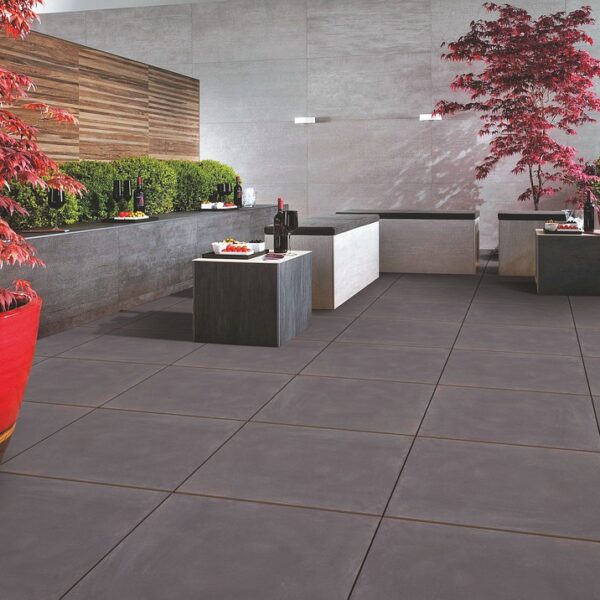

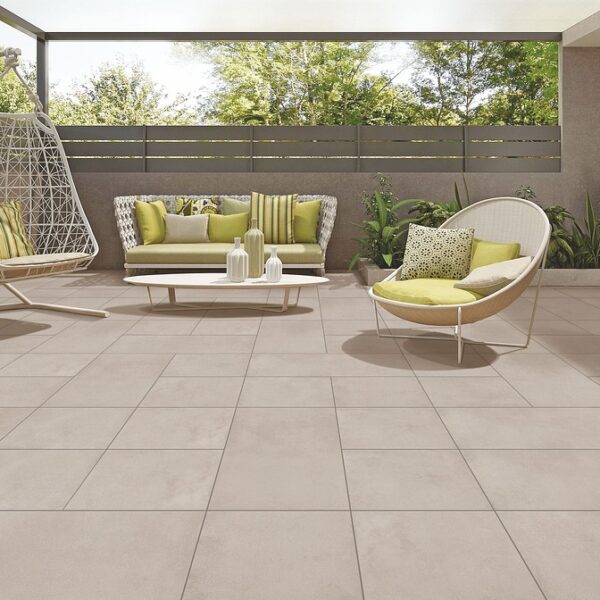
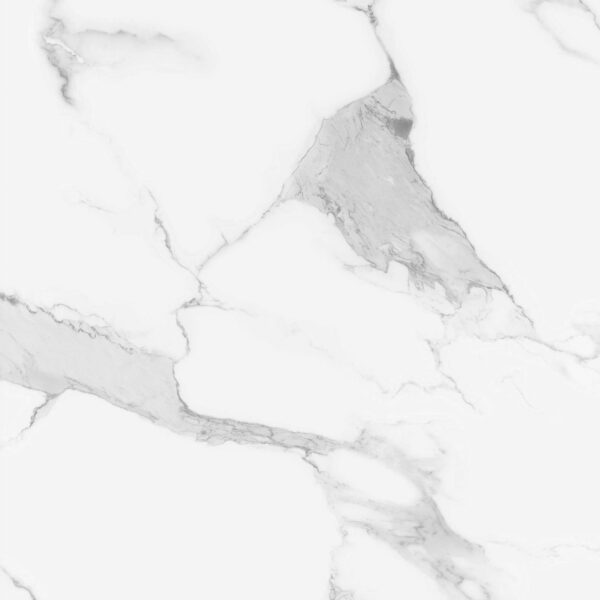
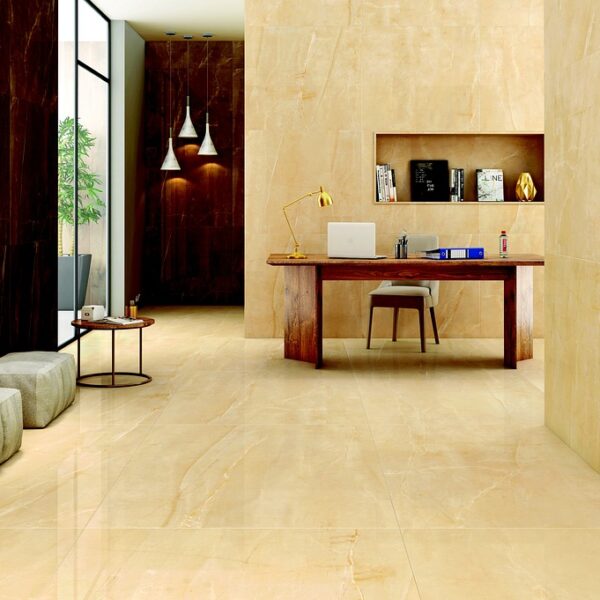
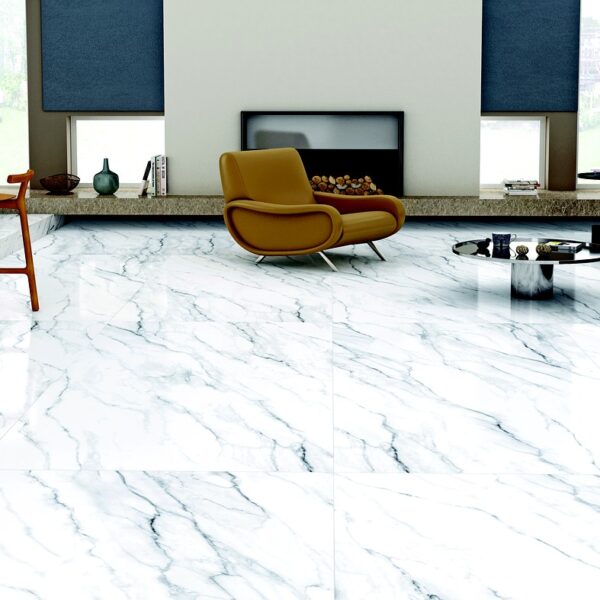
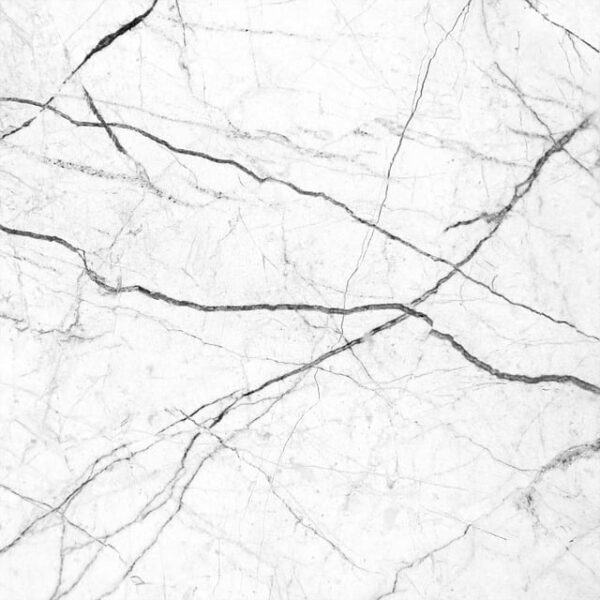
Nilgoon Company: Leading Supplier of Ceramic and Porcelain Tiles
Iran and the Tile Industry
Iran has a long and rich history in the production of ceramic tiles, dating back to ancient times. Iranian ceramic art is world-renowned for its craftsmanship, creative designs, and impressive glazes. With a millennia-old tradition of tile manufacturing, Iran has established itself as one of the most important centers for ceramic tiles worldwide.
1. Ceramic Tiles
Ceramic tiles are made from natural clays and minerals that are fired at high temperatures. They are versatile, durable, and suitable for both walls and floors in residential and commercial spaces.
Manufacturing Process:
- Raw Material Preparation: The base materials (clay, feldspar, quartz) are mixed and ground.
- Shaping: The mixture is formed, typically by pressing or extruding.
- Drying: The formed tiles are dried to remove excess moisture.
- Glazing: Optionally, the tiles can be glazed to add color and surface protection.
- Firing: The tiles are fired at temperatures between 1000°C and 1250°C, enhancing their hardness and durability.
2. Porcelain Tiles
Porcelain tiles are a special type of ceramic tile made from finer and denser clays and fired at even higher temperatures.
Characteristics:
- Water Absorption: Less than 0.5%, making them ideal for moist environments.
- Strength: Higher than regular ceramic tiles, making them more resistant to wear.
- Applications: Indoor and outdoor areas, including high-traffic zones.
Manufacturing Process:
- Raw Material Preparation: Finer clay mixtures than ceramic tiles.
- Shaping and Drying: Similar to ceramic tiles but more precise due to finer materials.
- Glazing: Not always necessary, as porcelain tiles are often through-colored.
- Firing: At temperatures from 1200°C to 1400°C, increasing density and strength.
Firing Techniques and Manufacturing Methods
1. Single Firing (Monocottura)
- Process: Tiles are formed and glazed in a single firing.
- Advantages: Efficient and cost-effective, suitable for wall and floor tiles.
2. Double Firing (Bicottura)
- Process: Tiles are first fired, then glazed and fired again.
- Advantages: Allows for finer glazing and detailed patterns, mainly used for wall tiles.
3. Fast Firing
- Process: Short firing times at high temperatures.
- Advantages: Fast production, energy savings, but potentially lower long-term durability.
4. Dry Pressing
- Process: The clay mixture is pressed into shape under high pressure.
- Advantages: High dimensional accuracy and density, ideal for large-format tiles.
5. Extruding
- Process: The clay mass is pushed through a shaping die and then cut.
- Advantages: Versatility in shape and structure, suitable for special applications like bricks and decorative tiles.
Tile Sizes and Dimensions
For international projects and exports, Nilgoon Company offers a wide range of tile sizes, including large slabs and custom dimensions to meet various architectural and design needs:
- Large Slabs: Ideal for expansive spaces and contemporary designs. Common sizes include 120x 120 cm, 120×240 cm, 150×150 cm, 150×300 cm, and even larger bespoke dimensions.
- Standard Export Sizes: Widely used for flooring and wall applications in both commercial and residential projects. Popular sizes include 60×60 cm, 75×75 cm, and 90×90 cm.
- Custom Sizes: Tailored to specific project requirements, ensuring that the tiles fit perfectly into unique spaces and designs.
Our export-grade tiles are designed to meet the highest quality standards, ensuring durability, aesthetic appeal, and ease of installation in various international markets. Whether you’re looking for large-format slabs for a modern look or specific sizes for intricate designs, our team is here to assist you in finding the perfect solution.